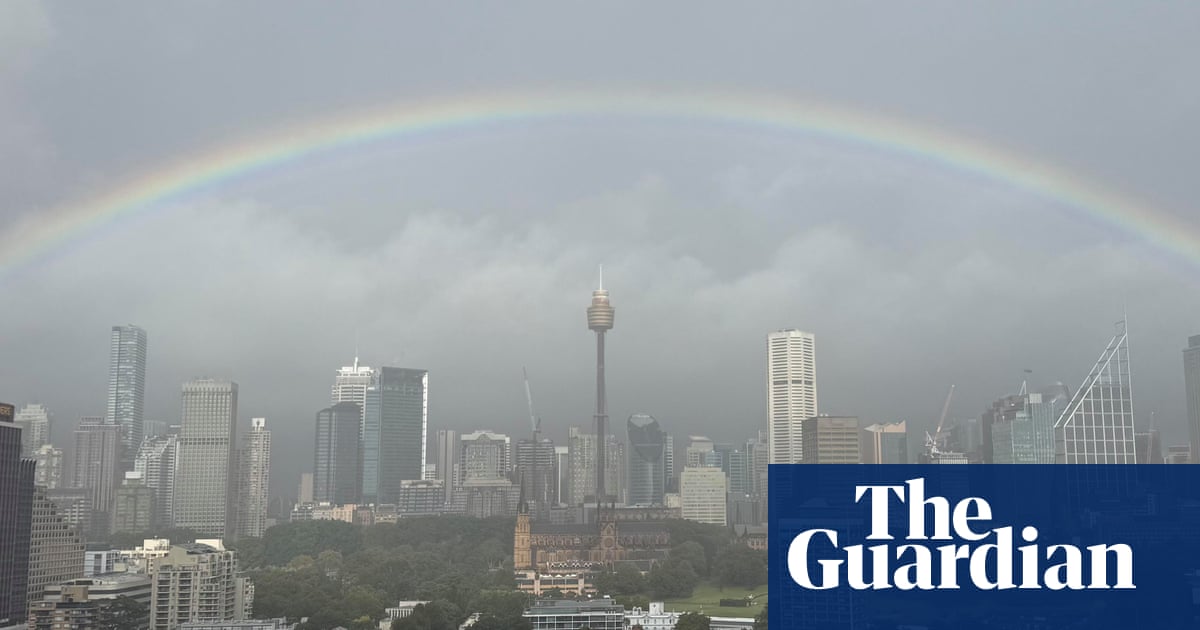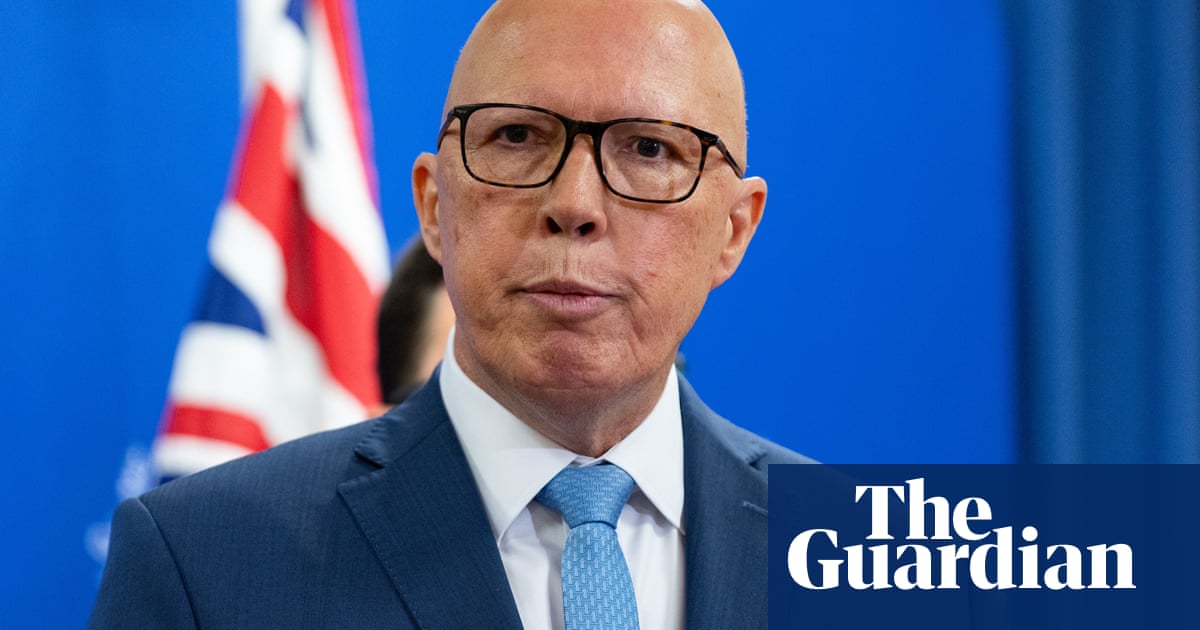The Prime Minister of Pakistan-Occupied Kashmir (PoK), Anwar ul Haq, recently echoed the long-standing rhetoric of terrorists by calling for jihad against India. He declared that his government would mobilise all available resources to oust Indian forces from Jammu and Kashmir. His remarks have been widely criticised, with many condemning them as a threat to the possibility of maintaining peace between the two nations.
Haq’s assertion at a 'Right to Self-Determination Day' rally in Muzaffarabad on January 5, punctuated by chants of "Al-Jihad, Al-Jihad,” marked a significant escalation in Pakistan’s political discourse.
“If providing electricity for 3 rupees and 2,000 maunds (approximately 37 kilograms per maund) of flour does not sink the state, then jihad in the way of Allah is justified,” Haq asserted, further advocating for a revival of jihadist culture to “liberate Indian Kashmir” and expel what he described as “10 lakh Indian troops” stationed in the valley.
Jihad refers to Muslims' efforts to follow the teachings of Islam, as well as to fight in defence of the religion or against perceived enemies of Islam.
WIDESPREAD CONDEMNATION
Haq’s inflammatory remarks have drawn widespread condemnation from human rights activists and political leaders. Amjad Ayub Mirza, a prominent human rights activist, denounced the speech as a desperate attempt by Haq to regain lost political ground. Mirza warned that such rhetoric risks escalating violence in the already volatile region, potentially endangering secular voices and exacerbating tensions along the Line of Control (LoC).
“This is a reckless move,” said Mirza, urging the United Nations and the Court of Justice to take immediate action. “The international community must not allow such dangerous adventurism to undermine regional stability”.
Mirza also called for Haq’s removal, accusing him of exploiting religious sentiments for political gain.
Sajid Hussain, leader of the United Kashmir People’s Party (UKPNP), joined the chorus of criticism. In a video statement, Hussain described Haq’s call for jihad as a serious threat to both regional and global peace.
“This rhetoric is rooted in extremism and represents a dangerous departure from diplomatic norms,” he said, adding that it could incite violence and derail efforts to resolve the Kashmir issue through peaceful means.
Hussain urged the international community to take strong action against such terrorist provocations. “We call on the UN, FATF, and other global institutions to hold leaders like Haq accountable for their incitement to violence,” he said.
REGIONAL STABILITY AT RISK
The implications of Haq’s statements are far-reaching. Analysts warn that such inflammatory rhetoric could embolden terrorist groups, destabilise the region, and derail peace initiatives.
India has consistently maintained that Jammu and Kashmir is an integral part of the country, and any attempts to disrupt peace in the region will be met with firm resolve.
GROWING DISCONTENT WITHIN PoK
This latest development comes against the backdrop of growing discontent within PoK, where locals have increasingly voiced their grievances against Pakistan’s interference in their political and economic affairs. Critics argue that Haq’s focus on jihad is a diversionary tactic to shift attention from pressing issues within PoK, including economic hardships and lack of governance.
(With inputs from agencies)
Published On:
Jan 9, 2025
Tune In

 13 hours ago
13 hours ago
















